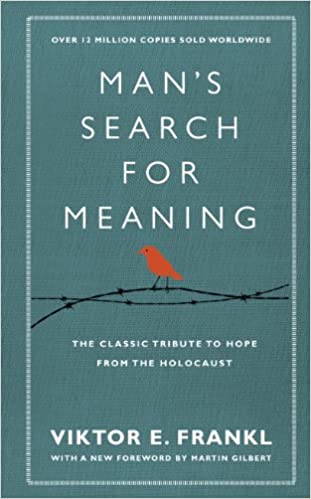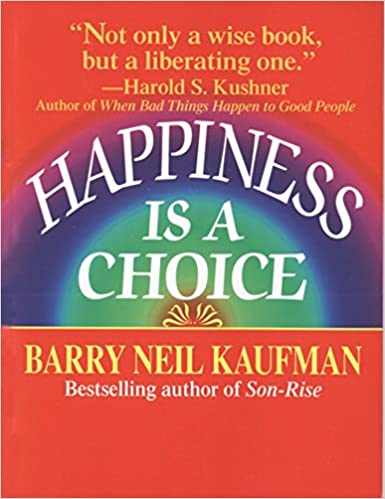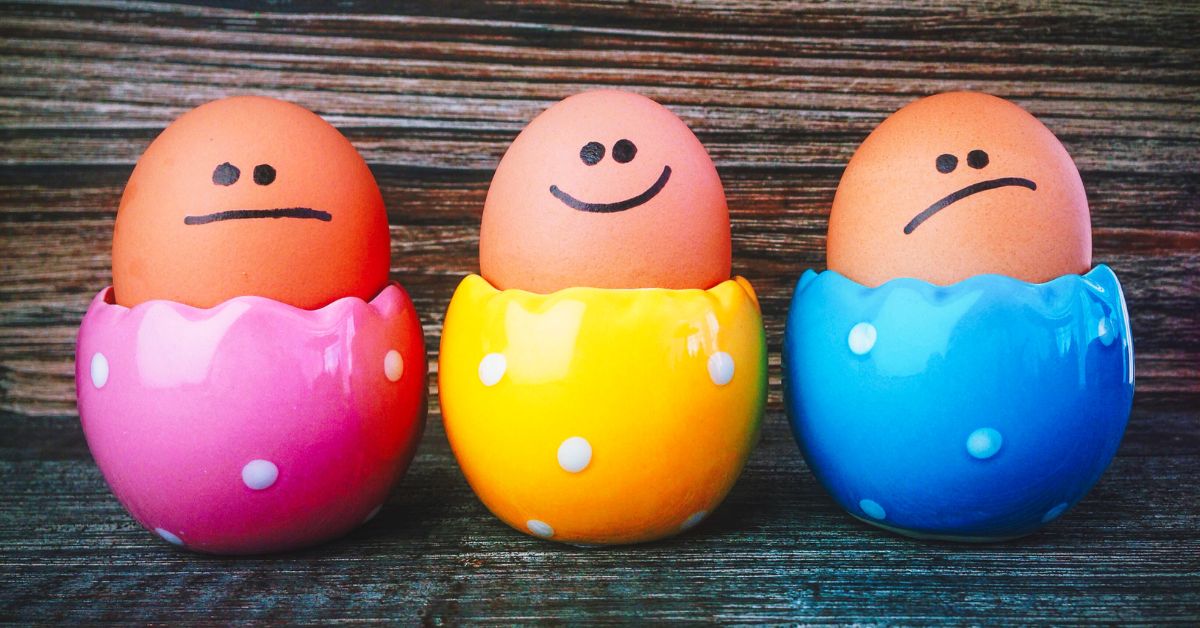Listen to this episode of the Focus with Marlene Podcast:
Get caught up with all episodes in the Developing a New Focus series.
“What alone remains is ‘the last of human freedoms’ – the ability to choose one’s attitude in a given set of circumstances.”
—Victor Frankl
Sometimes we hear words so often we don’t stop and consider exactly what they mean. Such a term might be attitude.
What is your attitude and how does it affect your life every day in every way?
Attitude is a way of thinking, a viewpoint, or a frame of mind that we choose. Our attitude is reflected in how we look at life overall as well as the way we think.
Because our attitude affects everything, it is important for us to stop and consider what our attitude is towards the world, ourselves, and others.
Over the years, I have quoted Victor Frankl many times because his message is so important. Victor Frankl was a Jewish psychiatrist who lived during the Nazi regime in Germany. He, along with his entire family, was sent to concentration camps.
He was sent to Auschwitz, one of the deadliest WWII camps. Except for his sister and himself, his entire family perished in those camps. Every possession was taken from them, and the Jews who weren’t shot or sent to the gas chamber endured years of unspeakable horror.
 In his book, Man’s Search for Meaning, Frankl writes:
In his book, Man’s Search for Meaning, Frankl writes:
“In spite of all the enforced physical and mental primitives of the life in a concentration camp, it was possible for spiritual life to deepen. . .”
- What would you say to yourself in similar circumstances?
- What would be your mindset?
- How would you keep hatred at bay?
The struggles we have today can’t begin to compare with what people in concentration camps endured. Watching documentaries about the Second World War, it has amazed me how survivors were able to go on with life without hatred.
 In his book, Happiness is a Choice, Barry Neil Kaufman and his wife use dialogue to help people answer such questions, such as: “Why are you angry? Why are you upset?”
In his book, Happiness is a Choice, Barry Neil Kaufman and his wife use dialogue to help people answer such questions, such as: “Why are you angry? Why are you upset?”
Questions stimulate discussion, more questions, and new answers.
When you feel free to review yourself without judgment, you are able to be more accepting of self and others that includes a new attitude and mindset – one that “nurtures self-acceptance.”
With that, we can begin to trust ourselves as we become better decision-makers. We can look for ways to interject something positive in the worst of situations.
“Change the beliefs and the resulting feelings and behaviors change.”
—Barry Kaufman
Questions are not to intimidate or incriminate or judge or manipulate – they are asked to explore and uncover.
What you think and believe has an immediate effect on the body as a whole. “All change came from a decision to change – a decision made in an instant.”
Our thoughts and beliefs become self-fulfilling prophecies. You can make decisions and your body and mind will immediately respond.
We can live spontaneously and intentionally without giving up goals and dreams. We can choose to love or hate – seek resolution or favor combat – we can choose to be happy or let unhappiness lead us down a path of fear, anxiety, and depression. Acceptance allows us the option to choose a different response to what is happening.
“Just as man learns to be a human being, so he learns to feel as a human being, to love as a human being.”
—Leo Buscaglia
Barry lists six shortcuts to happiness

#1 – Decide to “stop being unhappy.”
Then formulate actions to support that decision. We have been programmed to believe that lots of things – money, best jobs, etc. – will buy us happiness.
They won’t. It’s okay to want these things, but don’t tie happiness to them as if you can’t have happiness without them.
“Happiness is not a carrot to get you to do things.”
Give yourself permission to be happy. Only we can personally have control over our happiness. Making happiness a priority changes our attitude.
#2 – Develop personal authenticity.
When we become more comfortable with who we are, we become more of ourselves.
Learn to become “open, honest, strong, vulnerable and sometimes confused.”
Question standards and rules that keep you from being authentic. That does not mean to act without responsibility, good manners, and respect for others.
Can we express ourselves without hurting others and still be honest and genuine?
Can we “build bridges between friends rather than walls between enemies?”
#3 – Let go of judgments.
Don’t prejudge possibilities. Judgments limit.
Instead of making instantaneous judgments, ask, “Is this good for me or bad for me?”
Evaluate before taking action. We can judge events for potential outcomes that might be harmful or destructive. But don’t judge yourself and others to the extent that you feel bad and no good.
Misery comes from “judging ourselves, other people and events as bad or terrible for us.”
Our “seat of happiness” comes from the left side of our brain and is connected to rational thought.
Here are some things quoted in Happiness is a Choice.
Let go of “judgment/or beliefs” that make you unhappy.
“The secret to happiness lies not in events but in our responses.”
“Our viewpoint determines our experience.”
Look at losses as opportunities. If we create our beliefs, then we can change them. When we “embrace an experience without judgment” we are open to defining our experiences differently.
“Look for what is good, and we will discover it. . . Letting go of judgments means adapting an accepting attitude…”
Letting go of judging doesn’t mean we accept everything carte blanche. It just means we have changed our attitude towards life.
“Acceptance frees us to use all our resources, including those previously consumed by unhappiness, in a direct and powerful thrust. Acceptance allowed us to see more, love more and have more energy to make a difference.”
#4 – Be present in the moment.
Instead of worrying or speculating on everything that can go wrong, stay in the moment. Most of what we worry about never happens, yet we spend hours and hours indulging in such thoughts. Don’t create limitations for yourself by thinking of everything in a negative way.
There is an old idiom that says, “Forget the past and you will be doomed to repeat it.”
But you do not need to constantly ruminate about your past. Focus on the lessons learned from the past and then move on.
Focus your attention on the present. Be aware of what is going on around you wherever you are – enjoy the beauty of things.
#5 – Be grateful.
“When we are happy we are truly grateful. When we are grateful, we are truly happy.”
Focus your attention on thankfulness.
#6 – Make a decision to be happy.
Choosing to be happy allows us to be authentic, grateful, and nonjudgmental. It is a choice we make.

